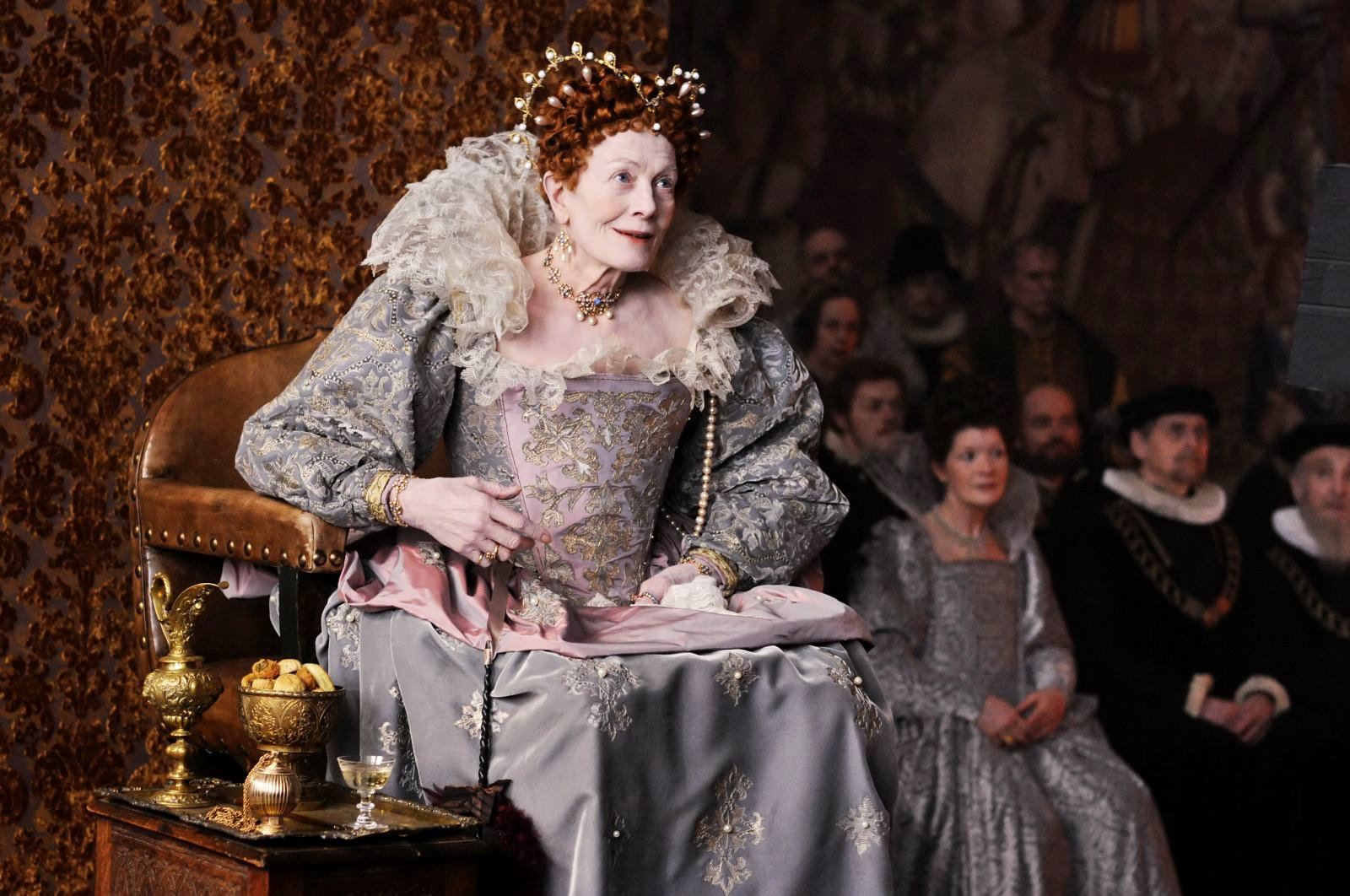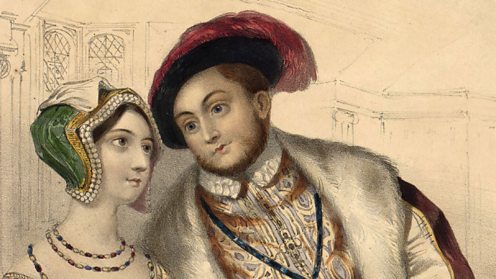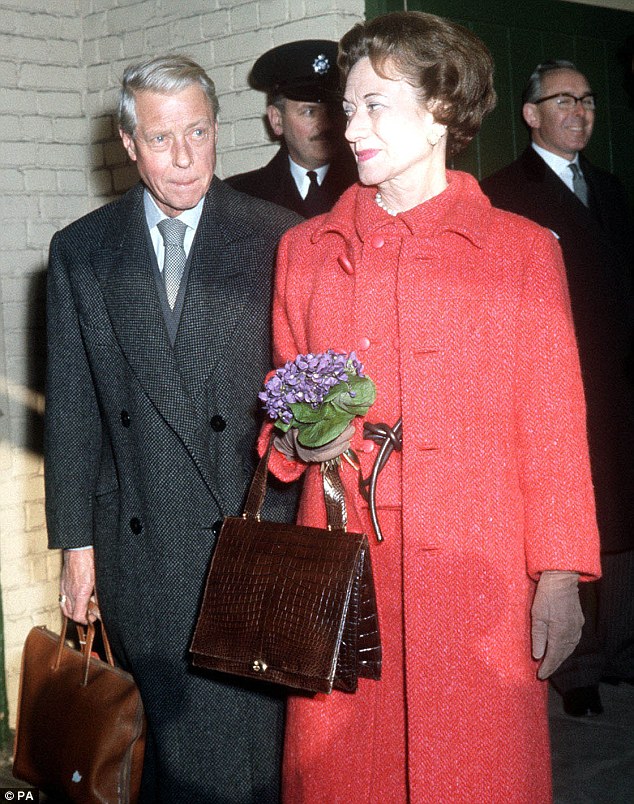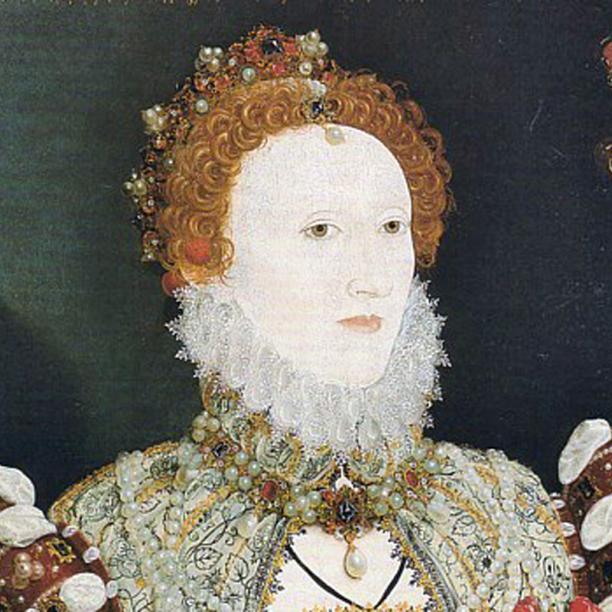The moment we talk about a Royal family, we unconsciously start imagining a life full of perks and luxuries. Hundreds of loyal servants to perform the slightest tasks. Gigantic palaces, full of every worldly blessing and travel in luxurious cars and private jets. A commoner could only dream of such a life and by keeping in view the hardships ordinary people go through in their lives, it’s nearly impossible to believe that someone from a Royal family, may not be happy from his or her life. Yes, they do, sometimes, spend a bipolar life which frustrates them and they start hating the responsibilities which hinder them to spend a normal life. As they are at the centre of every stage, naturally everyone looks towards them in every  situation. Whether it’s war or peace, they are looked upon for leadership and guidance. However, their tragedy is that a continuous war remains within themselves. On one side there is a human, who wants to live freely. The human part wants to laugh, love and cry under different circumstances like a normal human being. On the other side, there is a Royal, who has been forced to wear the chains of the Royal duties and if he is reluctant, he is being told that he is the chosen one. God has chosen him and it is the sacred duty to guide and lead the people, not only, during the turbulent times but also during peace and in every sphere of life. This, hapless and helpless, Royal is not allowed to do anything at his own will. Though, most of the Royals compromise with their circumstances and take the things for granted and enjoy the perks, but there are the rebels who do not accept the customs and keep on challenging the status quo. The list of these free souls is, of course, long but this article is about the two most prominent figures of the British Royalty i.e. Queen Elizabeth I and the King Edward VIII.
situation. Whether it’s war or peace, they are looked upon for leadership and guidance. However, their tragedy is that a continuous war remains within themselves. On one side there is a human, who wants to live freely. The human part wants to laugh, love and cry under different circumstances like a normal human being. On the other side, there is a Royal, who has been forced to wear the chains of the Royal duties and if he is reluctant, he is being told that he is the chosen one. God has chosen him and it is the sacred duty to guide and lead the people, not only, during the turbulent times but also during peace and in every sphere of life. This, hapless and helpless, Royal is not allowed to do anything at his own will. Though, most of the Royals compromise with their circumstances and take the things for granted and enjoy the perks, but there are the rebels who do not accept the customs and keep on challenging the status quo. The list of these free souls is, of course, long but this article is about the two most prominent figures of the British Royalty i.e. Queen Elizabeth I and the King Edward VIII.
Queen Elizabeth I, suffered hardships throughout her life. She was an infant when her father, King Henry VIII, ordered the execution of her mother ‘Anne Boleyn’ on the charge of treason. Ironically, Queen Anne Boleyn was the main reason of England parting ways from Catholicism. Initially, Henry VIII sought Pope’s permission to marry Ann, but pope refused to give his assent. Subsequently, Henry VIII established the ‘Church of England’ and became the spiritual leader himself. Later, King wanted to marry for the third time and got rid of Ann by executing her in the, notorious, ‘Tower of London’. Elizabeth was the only child of Ann, but she had two half siblings (Edward VI and Mary I). Mary had imprisoned Elizabeth in the ‘Tower of London’ when she became the Queen. Queen Marry was afraid of Elizabeth and believed that later was conspiring against her and wanted to remove her from the throne. Reason of suspicion was largely the religion as Mary was a devoted Catholic and Elizabeth was raised as an Anglican. However, Mary died of her natural death and throne was passed on to Elizabeth as Mary had no children.
Elizabeth wanted to marry ‘Robert Dudley’, her childhood love, but she was explicitly told by her trusted advisors that they would not favour such union and English aristocracy might revolt against her as they fear that Robert would try to avenge the execution of his father as a King. Despite the displeasure of his  advisors, she inducted Robert in the council of her peers. Moreover, Robert was married and could not have two wives at one time. Divorce was also not allowed in the Christianity at that time and clergy refused to acknowledge a marriage with an already married man. However, Robert’s wife was very ill and she died of falling from stairs. Robert was accused of plotting a murder of his wife but he was later proved innocent as he was at Queen’s court when his wife died. His wife’s death did not move the English nobility to favour their marriage. Elizabeth knighted him as the first ‘Earl of Leicester’, but this move could not pave way for their marriage as well. She remained under immense pressure, throughout her life, from her courtiers for marriage so she could have an heir to throne. She seriously considered different proposals but could not give Robert’s place, in her heart, to anyone. She refused to marry and declared herself as ‘The Virgin Queen’ and this title is still associated with her name. Robert waited for her more than a decade and finally married Lettice Knollys (Elizabeth’s cousin). This broke Elizabeth’s heart and she banished Robert and Lettice from her court, but could not banish Robert from her heart and allowed him back. Subsequently, Robert died of malaria and Elizabeth followed him after fifteen years. She bowed to the Royal duties but rebelled against the customs and did not marry throughout her life. But centuries later, there came a rebel who chose the emotional side of his personality and abdicated the throne for love.
advisors, she inducted Robert in the council of her peers. Moreover, Robert was married and could not have two wives at one time. Divorce was also not allowed in the Christianity at that time and clergy refused to acknowledge a marriage with an already married man. However, Robert’s wife was very ill and she died of falling from stairs. Robert was accused of plotting a murder of his wife but he was later proved innocent as he was at Queen’s court when his wife died. His wife’s death did not move the English nobility to favour their marriage. Elizabeth knighted him as the first ‘Earl of Leicester’, but this move could not pave way for their marriage as well. She remained under immense pressure, throughout her life, from her courtiers for marriage so she could have an heir to throne. She seriously considered different proposals but could not give Robert’s place, in her heart, to anyone. She refused to marry and declared herself as ‘The Virgin Queen’ and this title is still associated with her name. Robert waited for her more than a decade and finally married Lettice Knollys (Elizabeth’s cousin). This broke Elizabeth’s heart and she banished Robert and Lettice from her court, but could not banish Robert from her heart and allowed him back. Subsequently, Robert died of malaria and Elizabeth followed him after fifteen years. She bowed to the Royal duties but rebelled against the customs and did not marry throughout her life. But centuries later, there came a rebel who chose the emotional side of his personality and abdicated the throne for love.
King Edward VIII’ ascended to the throne after the death of his father ‘King George V’ on 20 January 1936. He had a very casual attitude towards his Royal duties from the day one and did not have a Coronation after he became the King. He abdicated the throne in less than one year as he was in love  with an American divorcee, Wallis Simpson. She had two previous unsuccessful marriages and Church and the Prime Minister clearly informed him that under no circumstances he could marry Ms. Simpson, being the British Monarch. It was very painful for him that he was the Sovereign of the Mighty British Empire and yet so helpless that he could not choose the life he wanted to live. He was also informed that if he wished to go against the customs, he would have to abdicate the throne and would have to leave the country for good, perhaps. It was a very difficult decision to make because on one side there was the Crown of mighty an Empire and on the other hand there was the lady, whom he loved and wanted to make his consort. However, in this battle of heart and mind, heart won finally and Edward VIII decided to abdicate the throne for Ms. Simpson. His younger brother Albert became the King, who is remembered as George VI. Edward was immediately reverted to the title of Prince and ‘Duke of Windsor’. He addressed the British people for the last time,
with an American divorcee, Wallis Simpson. She had two previous unsuccessful marriages and Church and the Prime Minister clearly informed him that under no circumstances he could marry Ms. Simpson, being the British Monarch. It was very painful for him that he was the Sovereign of the Mighty British Empire and yet so helpless that he could not choose the life he wanted to live. He was also informed that if he wished to go against the customs, he would have to abdicate the throne and would have to leave the country for good, perhaps. It was a very difficult decision to make because on one side there was the Crown of mighty an Empire and on the other hand there was the lady, whom he loved and wanted to make his consort. However, in this battle of heart and mind, heart won finally and Edward VIII decided to abdicate the throne for Ms. Simpson. His younger brother Albert became the King, who is remembered as George VI. Edward was immediately reverted to the title of Prince and ‘Duke of Windsor’. He addressed the British people for the last time,
“I have found it impossible to carry the heavy burden of responsibility and discharge my duties as King, as I would wish to do without the help and support of the woman I love”.
Edward left Britain the following day and returned several years later only to attend the funeral of his brother, King George VI, but without his wife as he was informed that she would not be welcomed in the palace. According to many historians, though, he fully enjoyed his life with his wife Wallis but he never forgot that he was a King, once. His tragedy was that he had satisfied his heart, but the King inside him was very unsatisfied. He was a King, but without a Kingdom.
Regardless of the outcome of their rebellious nature, the dilemma was that they lost in the end. Queen Elizabeth I and King Edward VIII chose two entirely different paths and left their marks in the history,  but the fact remains that they both were at the receiving end. Though Elizabeth did not accept any of the marriage proposals but she could not marry Robert either. On the contrary, Edward VIII abdicated the throne and left Britain for good due to his marriage with Wallis Simpson, but he remained unsatisfied throughout his life. It was very distressing for him to address ‘Her Majesty’ to his niece (Queen Elizabeth II), who was once his loyal subject. This is the irony of fate that most powerful among us are, sometimes, so impotent that they wish, they were an ordinary man or a commoner. Either giving up their love or abdicating the throne, they were the ultimate losers.
but the fact remains that they both were at the receiving end. Though Elizabeth did not accept any of the marriage proposals but she could not marry Robert either. On the contrary, Edward VIII abdicated the throne and left Britain for good due to his marriage with Wallis Simpson, but he remained unsatisfied throughout his life. It was very distressing for him to address ‘Her Majesty’ to his niece (Queen Elizabeth II), who was once his loyal subject. This is the irony of fate that most powerful among us are, sometimes, so impotent that they wish, they were an ordinary man or a commoner. Either giving up their love or abdicating the throne, they were the ultimate losers.




